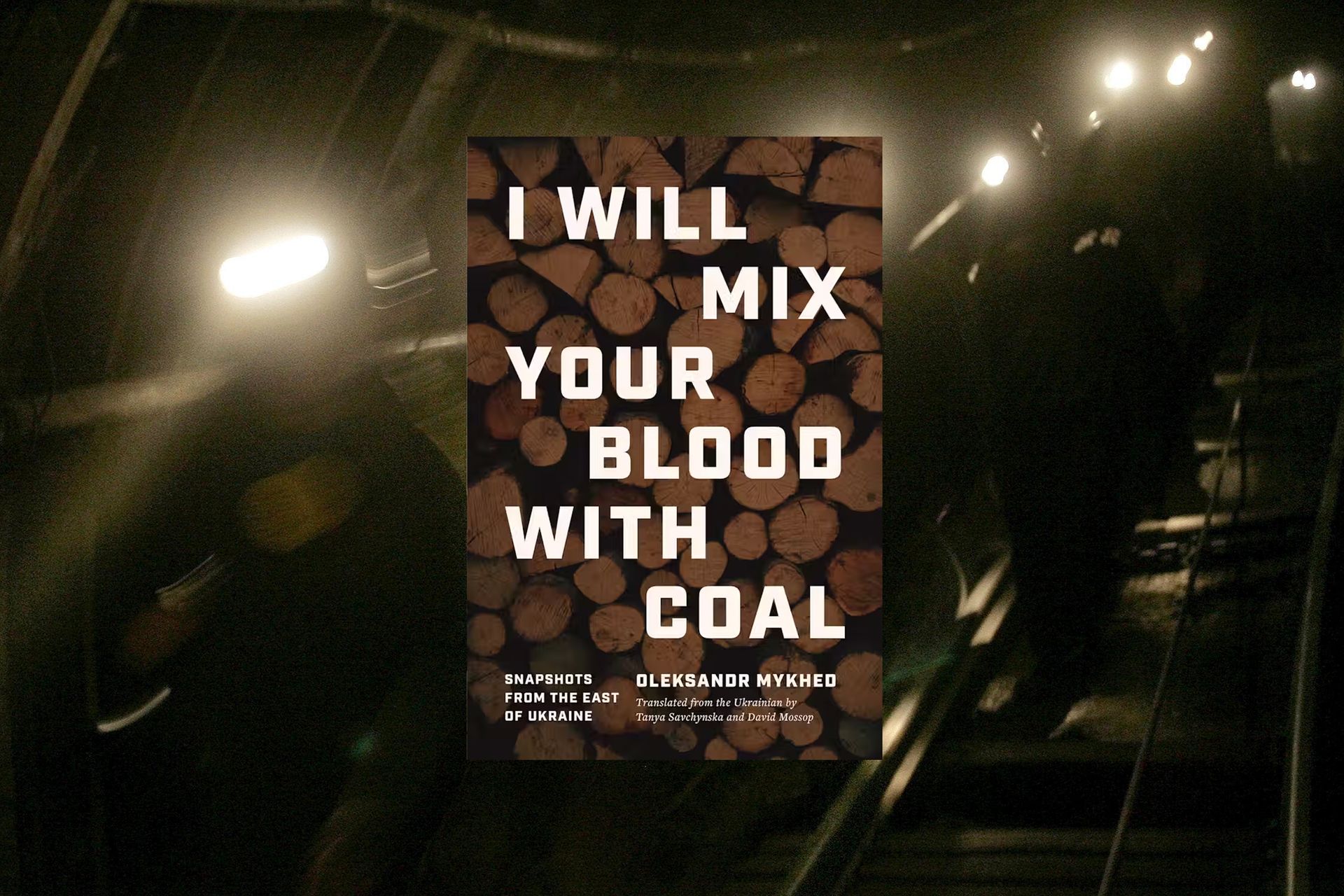Poland expels 57 Ukrainians after concert riots while Tusk warns against anti-Ukraine sentiments

Editor's note: This story has been updated to include statements from Ukraine's Foreign Ministry and Ambassador to Poland Vasyl Bodnar.
Sixty-three people, including 57 Ukrainians and six Belarusians, will be forced to leave Poland due to their role in riots at a concert in Warsaw, Polish Prime Minister Donald Tusk announced on Aug. 12.
The Polish police detained more than 100 people over the weekend following an Aug. 9 concert of Belarusian rapper Max Korzh at Warsaw's National Stadium.
The concert turned into chaos after concertgoers began fighting with security guards. Most of the detainees are expected to be charged with assault, trespassing, and drug possession.
A major controversy also surrounded an attendee displaying a black and red flag most commonly associated with the World War II-era Ukrainian Insurgent Army (UPA).
The UPA, an armed wing of the Organization of Ukrainian Nationalists (OUN), was a guerrilla organization fighting for Ukraine's independence against the Soviet Union, Nazi Germany, and Polish resistance movements.
In Poland, the organization is primarily associated with the UPA's massacre of tens of thousands of Poles living in the Volyn region, now part of western Ukraine, between 1943 and 1944. Thousands of Ukrainians were killed in retribution, with the massacres remaining one of the most painful chapters of the shared Ukrainian-Polish history.
In recent years, historical grievances have played an increasingly prominent role in relations between the two countries, even as Warsaw supports Kyiv against the Russian invasion.
According to historians, the red-and-black flag predates the UPA. Today, it is commonly used in Ukraine as a symbol of resistance against Russian aggression and is often displayed by soldiers along with the national blue-and-yellow flag.
Over 100 detentions and nationalist symbols on display. This was the aftermath of Saturday’s performance of Max Korzh, a Belarusian rapper, in Warsaw. But what was the actual message behind the artist's show at Warsaw’s National Stadium?@PGENarodowy @KStrzalkowski pic.twitter.com/DhbY2UNozn
— TVP World (@TVPWorld_com) August 11, 2025
Speaking at a government meeting after the riots, Tusk said that "proceedings have been initiated against 63 people to leave the country." According to the prime minister, "riots, acts of aggression, and probably provocations" took place at the stadium.
At the same time, Tusk warned against attempts by Russia to "sow discord between Kyiv and Warsaw" as the "resolution of the war in Ukraine is approaching," likely referring to the upcoming summit between U.S. President Donald Trump and Russian President Vladimir Putin in Alaska on Aug. 15.
"Anti-Polish gestures by Ukrainians and fueling anti-Ukrainian sentiments in Poland are Putin’s scenario, orchestrated by foreign agents and local idiots," Tusk said on X.
Ukraine's Foreign Ministry confirmed the detention of several Ukrainian citizens following the concert, Hromadske reported. The Ukrainian Embassy in Poland sent official requests to the relevant authorities to clarify the details of the case.
Three Ukrainians aged 30, 23, and 20 were confirmed detained, accused by Polish law enforcement of acts of aggression, clashes with staff, and displaying symbols banned under Polish law.
In total, proceedings for deportation have been initiated against 57 Ukrainians, according to the embassy, which said the case is under special supervision.
"I don't understand why the Ukrainians went to this stadium at all. The concert was in Russian, and those who speak this language are now killing Ukrainians, waging war, and destroying Ukraine," Ukrainian Ambassador to Poland Vasyl Bodnar said in comments for the Polish Press Agency (PAP).
"If anyone felt offended, I apologize. I am grateful to all Poles who helped and help Ukrainians. Thank you very much from the bottom of my heart, and I apologize once again," Bodnar said.
The incident with the red-and-black flag sparked public backlash in Poland. Dariusz Matecki, a lawmaker for the conservative Law and Justice (PiS) party, said he would file a criminal complaint over an alleged promotion of totalitarian regimes.
Later, a man who introduced himself as Dmitry, the Ukrainian who waved the flag at the concert, issued an apology on social media, saying he did not intend to offend anybody with the move.
"It had nothing to do with propaganda for any regime," the man said in a video message shared on social media.
"It was a Russian-language concert, and I just wanted to remind people about Russian aggression and the safety of our soldiers," he added, stressing his gratitude for Polish support to Ukraine.
Korzh, a Belarusian rapper and singer popular in Belarus, Russia, and Ukraine, has been criticised in Ukraine over performing in the Russian language and for what some describe as a vague stance on the war.
During the concert, Korzh called for peace in Ukraine and good relations between Poland and Belarus, TVP World reported.













